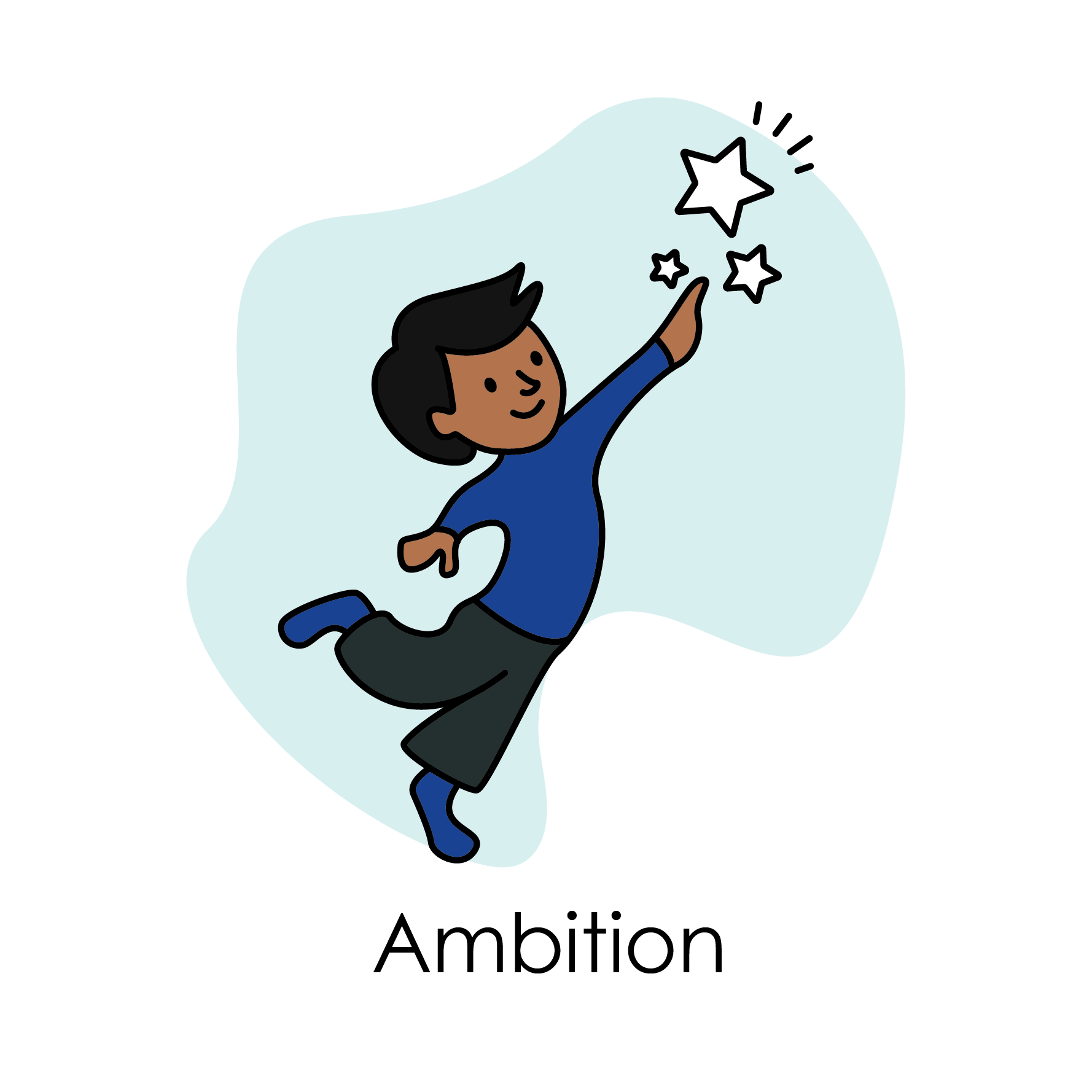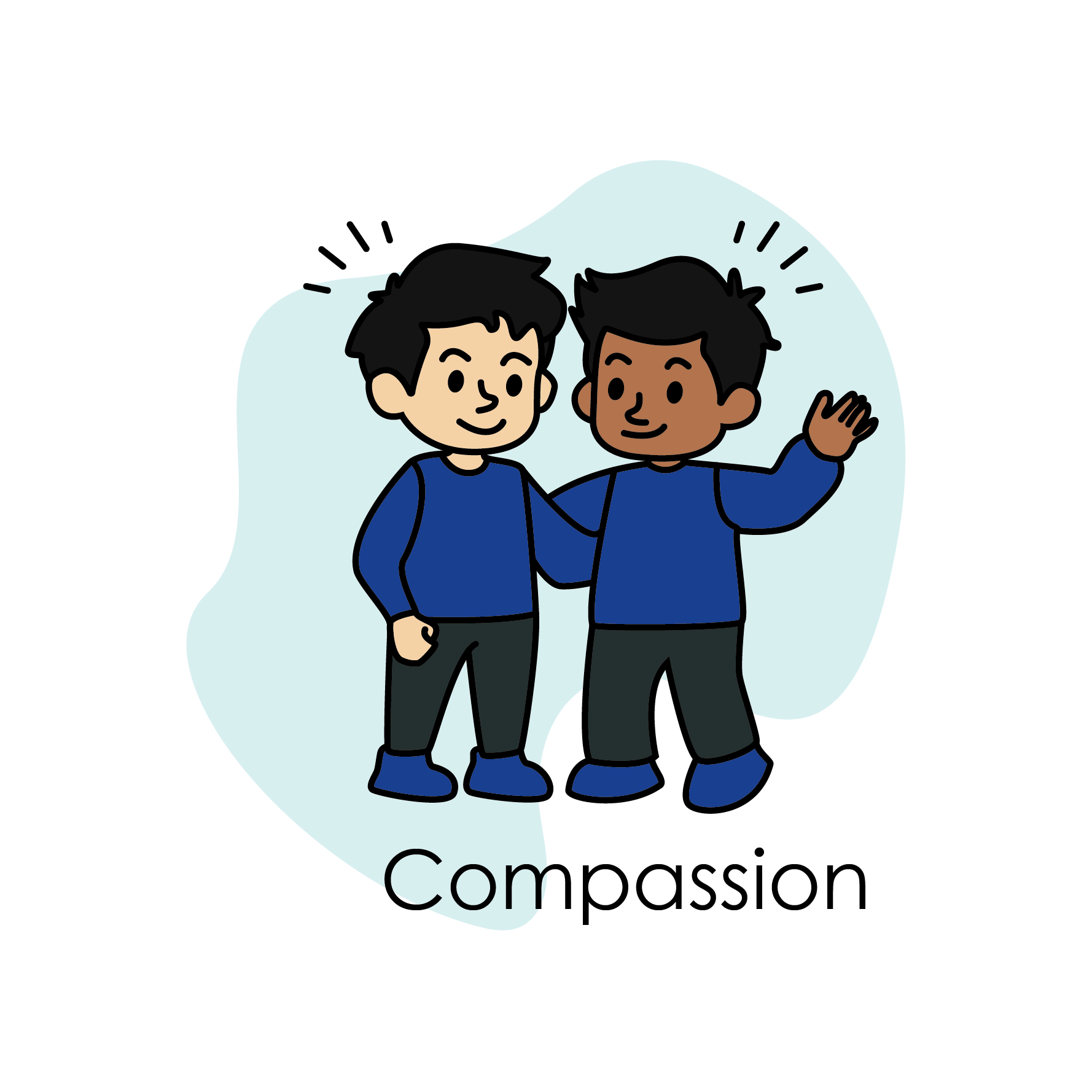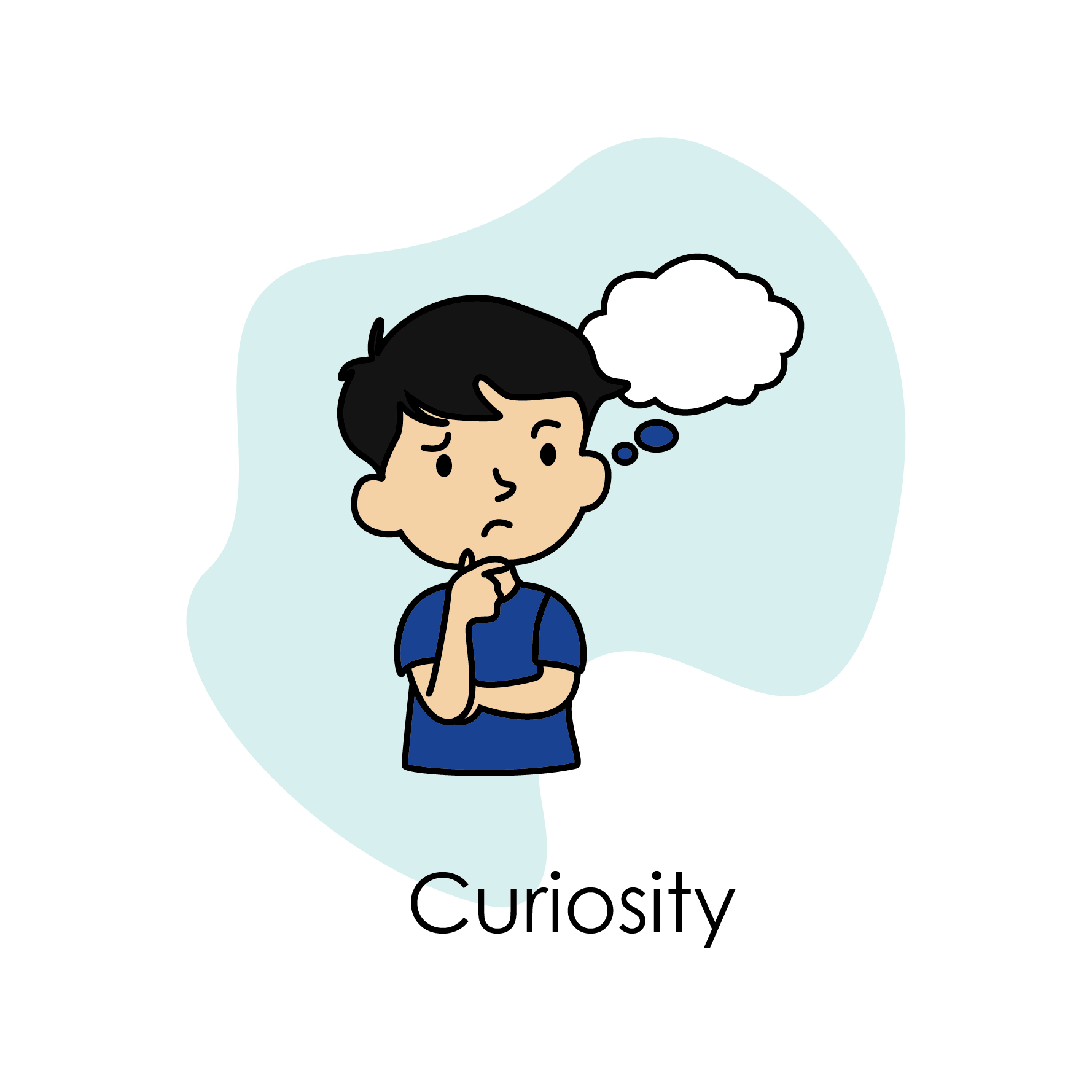What do we teach and why?
"Education is the most powerful weapon which you can use to change the world.”
Nelson Mandela 2003
Roding Primary School and Nursery with provision for deaf children is a welcoming school where everyone is ‘Free To Achieve’ The dedicated staff, amazing group of children and committed governors work hard to support strengths, improve weaknesses and remove any barriers that may prevent reaching potential.
When designing our curriculum we took a number of key factors into consideration. These include:
- The high number of children with SEND
- Challenge for all
- Family involvement
- Our outdoor environment
- Our attainment results
- British Sign Language
- National Curriculum
- What was needed to support our learners to become effective contributors, responsible citizens, successful lifelong learners and confident individuals.
- Safeguarding - opportunities to explain and address issues, such as racism, homophobia, and alternative life choices.
At Roding Primary School, we strongly believe in the importance of ensuring all of our pupils develop as a whole person and are well-equipped to take the next steps into their education and lives beyond primary school, regardless of their starting point. We celebrate our differences.
Our overall aim is to create a vibrant and enriching curriculum that incorporates the statutory requirements of the National Curriculum and is underpinned by the knowledge, skills and understanding relevant for each year group.
Our curriculum is underpinned by our vision and ethos of ‘Free to Achieve’ and has been carefully designed so that our children develop their academic, social and cultural capital. We want all of our children at Roding to leave with a range of experiences which promote and foster independence, curiosity, application, resourcefulness and reflection and prepare children for life in 21st Century Britain.
We have made informed choices about what experiences we want to include and how they build over time across the curriculum. We include both off and on-site experiences in our curriculum and our school grounds provide opportunities for enrichment across different curriculum areas. Theme days, weeks, whole school activities and opportunities within and outside school all enrich and develop the children’s learning.
We have developed a set of 12 memorable experiences that we want EVERY child at Roding to take part in before they leave our school. Our aim is for our children to be inspired and challenged so that each one can develop their potential to the full. Click here to find out more.
Talk is an integral part of child development and is at the core of our curriculum. It helps children to think, learn and make sense of the world. Our pupils learn the skills to articulate their ideas, emotions, and develop understanding of others' points of view. We also want to ensure that our children leave our school ‘vocabulary rich’ These skills are crucial for their futures and influence every area of life, including developing relationships, managing emotions, and entering the world of work as young adults.
Curriculum Intent

A love of learning
We want our children to have a love of learning, feel passionate and have ownership of the outcomes.
We want our children to be running through our gates and knocking at our doors desperate to get into school because they can’t wait to learn!
We incorporate the outdoors into the curriculum to enrich our children’s learning experiences
Curriculum content
We use the National Curriculum guidelines in order to develop the knowledge content of the curriculum but our aim is to make the curriculum relevant and exciting to our children with purposeful outcomes that they care about achieving.
Talk
Talk is at the core of our curriculum. We want our pupils to learn the skills to articulate their ideas, emotions, and develop understanding of others' points of view. We have a strong focus on vocabulary. We want to ensure our children leave our school ‘vocabulary rich'
Challenge for all
We aim to meet the needs of all learners in our curriculum, challenging them and enabling them to problem solve and undertake learning at a deeper level.
Wider community
We encourage our children to share their learning with each other, their families and the wider community and to learn from others.
Beyond Roding
We are preparing our children for their future adult lives, whatever they may be!
Our School Values
At Roding, we strive to create an environment where every child can grow both academically and personally. We encourage our children to embrace challenges with resilience, treating others with compassion and respect along the way. Our goal is to foster ambition and independence, helping children take ownership of their learning and future. We also nurture curiosity, inspiring children to explore, ask questions, and think critically about the world around them. Together, these values form the foundation of our school community and guide everything we do.
At Roding our six core values are:






Teaching Implementation
Our curriculum provision is informed by educational research into effective teaching practices, cognition and how knowledge and understanding develops. These act as a guide for the consistency and distinctiveness of our curriculum.
Teaching is based on a clear understanding of cognition and learning.
Teachers have deep knowledge of the subjects they teach and support pupils to develop well-connected networks of ideas.
Questioning for all pupils based on Rosenshine's questioning techniques– cold calling, checking for understanding or process, probing, say it again better, think/pair/share.
Teachers assess learning and provide quality, timely feedback which helps to reshape learning and adapt teaching as needed.
The classroom climate created by teachers inspires and motivates all pupils to excel regardless of their starting points.
Developing strong partnership with parents and carers that influence good attitudes to learning at home and school.
Pupil groupings are flexible and not solely driven by perceived ‘ability’ or prior attainment

Our Teaching Intentions
- Purpose of the learning is made explicit. Children are told what they are learning and why.
- Modelling using a "I do / We do / You do" approach.
- Challenge for all. Support where necessary
- “Room at the top” lessons pitched high.
- Spaced learning to combat the forgetting curve.
- Continuous formative assessment to improve not prove.
- Retrieval practise at the start of each lesson.
- Pupils knowing more and remembering more.
Impact
Our curriculum has an ambition for high achievement of all pupils. This achievement is represented in three key areas:
Impact 1: Standards
Children make at least good progress and attain in line with or better than national expectations. Assessment documents including books show that knowledge and skills are embedded throughout the curriculum
Impact 2: Free to Achieve
Children are confident and successful learners, demonstrating the Free to Achieve learning values and make the right choices for their learning.
Impact 3: Personal Development
Children demonstrate the Roding Way in their learning and their behaviour in and around our school. Children learn to make the right choices for their safety. The choices children make benefit the school and the local community.
Evaluation
We regularly review how well our curriculum goals enable achievement.
High quality outcomes
- Has the learning journey led to a purposeful outcome or product?
- Do children have ownership of the outcomes?
- Are there relevant contexts for high quality outcomes for English and Maths?
- Are teaching expectations hig enough?
- Are there clear assessment criteria?
- Are pupils challenged to think and to evaluate their learning?
- Is assessment purposeful, efficient and used to shape future learning
We evaluate through monitoring, work scrutiny, data analysis and learning outcomes.
Curriculum content is responsive and relevant
- Are pupils able to connect local, nationlal and global contexts for learning?
- Do children experience enjoyment in their learning?
- Do teachers respond to educational research?
- Are the rich resources in the local community and environment being maximised?
- Is Afl responsive and reflective?
We evaluate through monitoring planning, pupil conferencing, evaluations and work scrutiny.
Challenge for All
- At point of learning is the curriculum sufficiently challenging and appropriate for each child?
- Are there opportunites to develop a deeper understanding of the learning values?
- Are there high expectations for all?
- Does the work of the children show that tasks are rich?
We evaluate through curriculum outcomes, book scrutiny, pupil conferencing and assessment.
Embedding knowledge and skills
- Do children have opportunites to solve problems and undertake learning at a deeper level?
- Do children have the opportunity to build on their knoweldge and skills throughout the school?
- Are knowledge and skills carefully planned in the curriculum topics?
- Are their coherent links within the topics that increasingly challenge and embed knowledge and skills?
- Do children have opportunities to embed their knowledge and skills in the curriculum?
- What knowledge and skills have pupils gained against expectations?
- Is each NC subject given integrity and taught systematically through each KS?
We evaluate through curriculum assessment
Being part of a family and a community
- Does the curriculum engage pupils to be part of a family of learners?
- Do children share their learning with others?
- Do children learn from others?
- Are Rights Respecting/School Values/Safeguarding explicitly taught in our topics and prepare our pupils for their future lives – whatever they may be?
- Is the Roding Way embedded in our school?
- DO pupils engage with local community, national and global issues?
- Are pupils able to relate their values and experiences to British Values?
We evaluate through pupil conferences lesson observations and curriculum evaluations.
